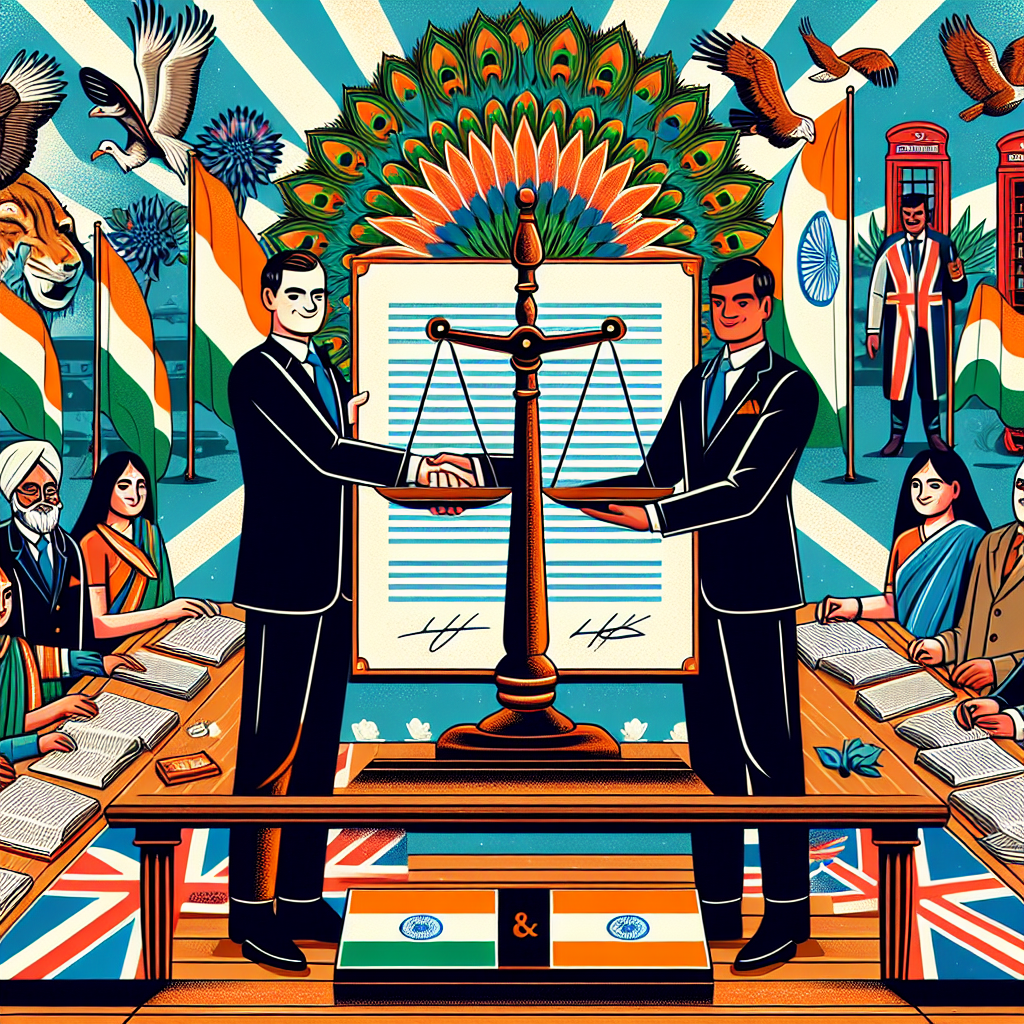Transatlantic Truce: A Groundbreaking Aviational Accord
The U.S. and EU reached a landmark agreement to exempt aircraft from tariffs, preserving jet production and deliveries in both regions. This deal marks a return to duty-free trading reminiscent of the 1979 policy, despite ongoing trade tensions, particularly with China. Key industry figures led discreet lobbying efforts to secure the accord.

The United States and European Union have clinched a provisional deal exempting aircraft from tariffs, a move that averts potential disruptions in jet production and deliveries. Announced on Sunday, this agreement maintains a zero-tariff regime on aircraft parts, providing much-needed relief to the aerospace industry. This decision follows a period of exceptional teamwork among usually competing plane manufacturers.
Industry insiders pointed out lingering questions concerning the precise implementation of the agreement and its coverage, notably concerning components like those used in space. Airbus has welcomed the accord, emphasizing the importance of a steady trade environment for the global aerospace sector, whereas Boeing remained silent on the matter.
This deal represents a subtle but significant renewal of the 1979 duty-free trade in civil aircraft, amid mounting trade tensions. It reflects concerted lobbying, particularly by GE's CEO Larry Culp, who highlighted the trade surplus benefits. However, ties with China and possible future tariffs remain a concern for the industry.
(With inputs from agencies.)
ALSO READ
India and Australia Push Forward on Trade Agreement Talks
US Domestic Tensions: From Boeing Strikes to Trump's Bold Moves
India-Australia Economic Ties: Towards a Comprehensive Free Trade Agreement
U.S. Trade Agreements with Japan and South Korea Near Completion
NZ Invests $2.7B in Seahawk Helicopters and Airbus Jets Under Defence Plan










